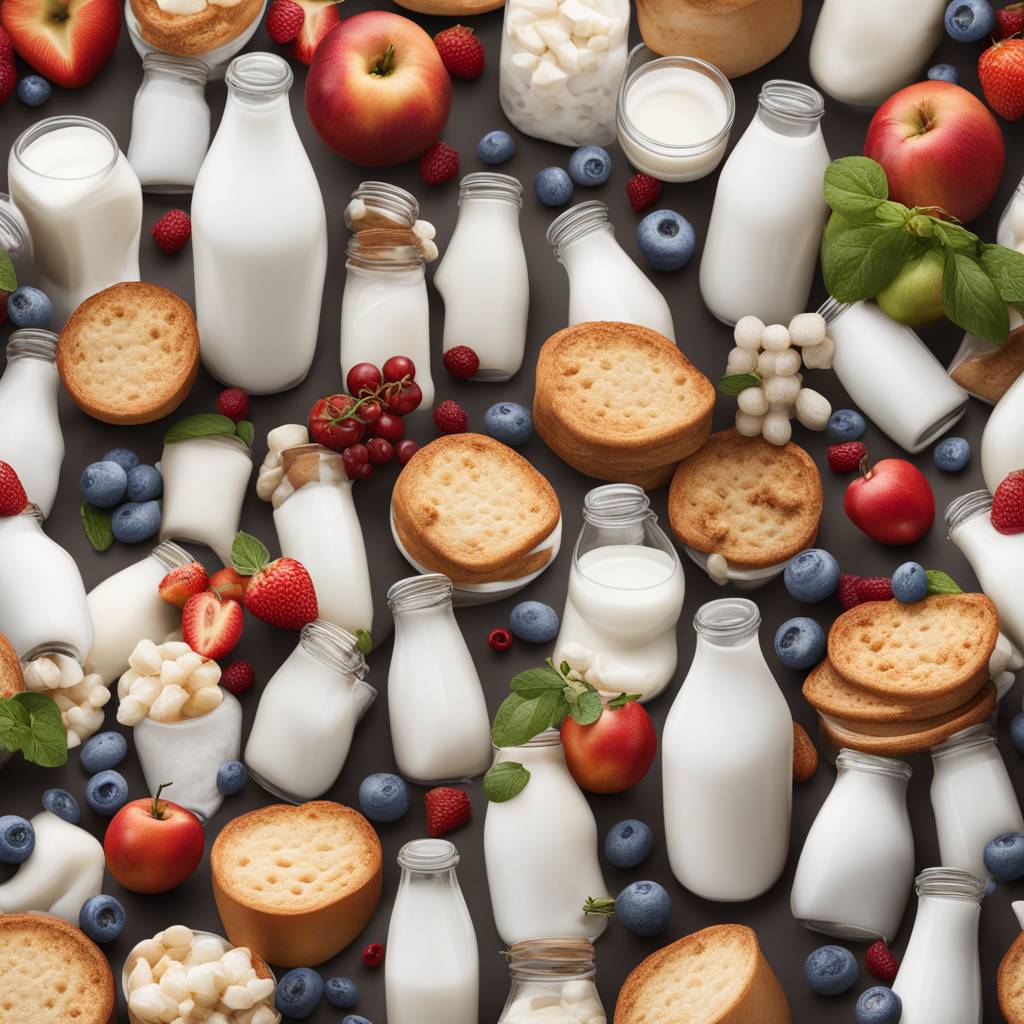When it comes to choosing the best milk for your diet, cow’s milk is recommended by Dr. Bhatia and Inchauspé for its protein content, as long as it is organic. For those who are not lactose-intolerant, cow’s milk is a good option to consider.
When opting for alternative milk options, it is important to choose unsweetened varieties to lower the overall sugar load. Nut milks, in particular, may already have a natural high sugar content, so it is essential to be mindful of this when making choices.
Soy milk is made from soybeans and is typically fortified with additional nutrients like calcium and vitamins A and D. While it is a good option for those with a dairy intolerance, Dr. Bhatia advises limiting overall soy consumption, especially processed soy, to under about three servings per week.
Almond milk, while popular as an alternative to cow’s milk, has been criticized for its environmental impact. Made from waterlogged almonds, it can leave behind a by-product of almond meal. Inchauspé recommends it for its normal glucose response, but Dr. Bhatia suggests it as a lower choice on her list of recommendations.
Oat milk, often touted as a healthy alternative, may not be as good for you as you think. Dr. Bhatia considers it her least healthy pick due to its high sugar content and low protein content. While it does have fiber, there are better options available for obtaining fiber in your diet.
Coconut milk, which comes from pressing coconut meat, is favored by Dr. Bhatia as the second-best alternative milk choice. It contains saturated fat that does not cause a dramatic rise in blood sugar and has medium-chain triglycerides to support gut health. Hemp milk is recommended as the best option for vegans, as it contains a decent amount of protein, dietary fiber, and is gentle on the gut. Made from the seeds of the Cannabis sativa plant, hemp milk has a unique, earthy flavor.


